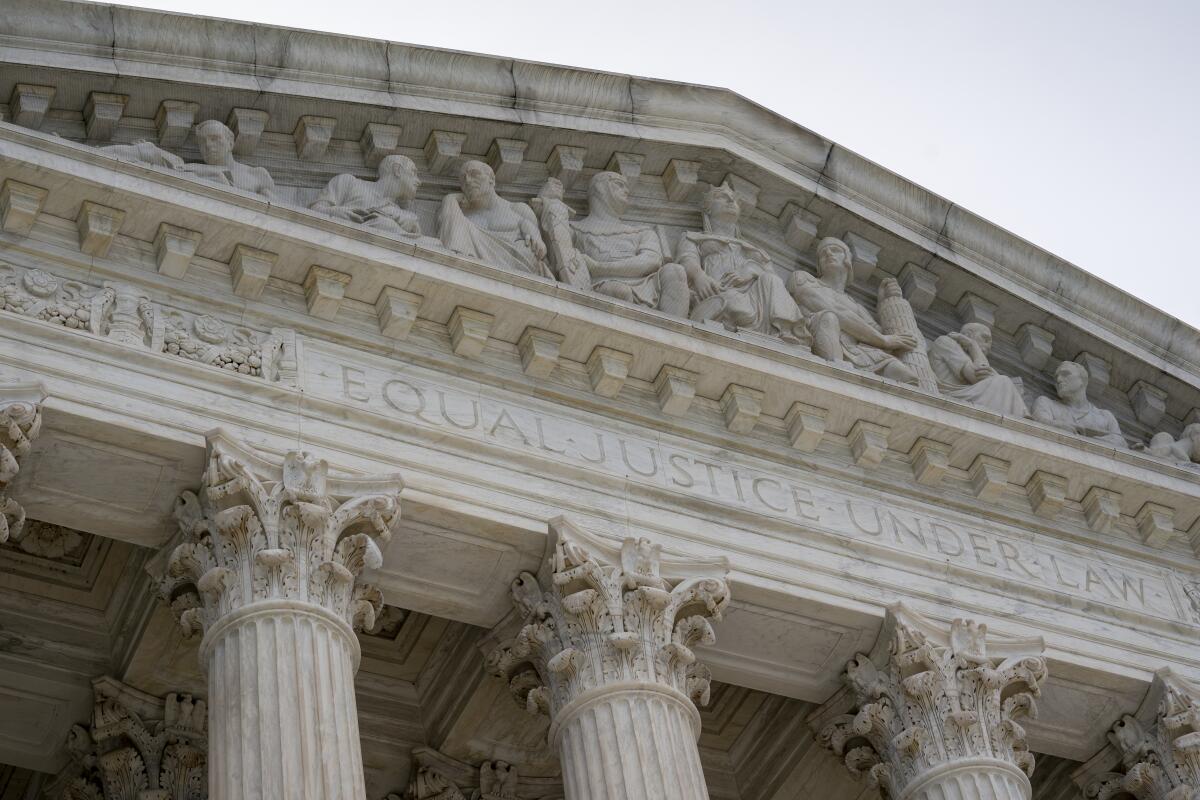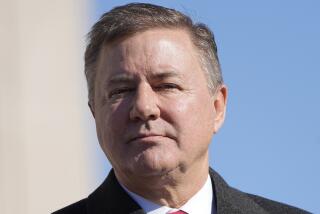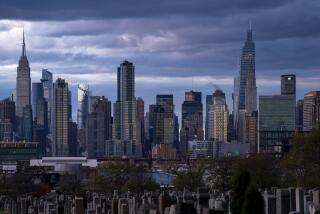Supreme Court rules for Catholic foster care agency in Philadelphia, citing discrimination

The Supreme Court ruled unanimously Thursday for Catholic Social Services in its fight over foster care in Philadelphia, holding city officials discriminated against the church group because of its religious views.
The case posed a clash between religious liberty and gay rights, but the justices — as they have previously when grappling with the same question — found a narrow way to resolve the dispute.
The city of Philadelphia canceled its contract with the Catholic agency after a newspaper reported that the charity would not place a foster child with an unmarried person or same-sex couple. Officials pointed to city ordinances that forbid discrimination based on sexual orientation.
But in Thursday’s decision, justices noted that the city’s contracting rules gave officials the discretion to make exemptions from the ordinance for those who provided needed services.
At least 20 other agencies were ready to work with same-sex couples, and Chief Justice John G. Roberts Jr. said the city’s refusal to give a limited exemption to the Catholic group amounted to religious discrimination that violates the 1st Amendment.
“CSS seeks only an accommodation that will allow it to continue serving the children of Philadelphia in a manner consistent with its religious beliefs; it does not seek to impose those beliefs on anyone else,” he wrote in Fulton vs. City of Philadelphia. “We have never suggested that the government may discriminate against religion when acting in its managerial role,” he added.
Roberts noted the city’s commitment to equal treatment, including for LGBTQ residents and children in need of foster care.
“We do not doubt that this interest is a weighty one, for ‘our society has come to the recognition that gay persons and gay couples cannot be treated as social outcasts or as inferior in dignity and worth,’” he wrote, quoting a passage in the 2018 decision in Masterpiece Cakeshop vs. Colorado.
There too the court ruled narrowly in favor of a claim of religious discrimination brought by a cake maker who had refused to make a wedding cake for a same-sex couple.
The limited scope of Thursday’s ruling may explain why the court’s three liberal justices joined Roberts in making the decision unanimous.
Three conservatives — Justices Samuel A. Alito Jr., Clarence Thomas and Neil M. Gorsuch — said they would have gone further by ruling that religious claimants are entitled to an exemption from government policies whenever they see a conflict with their faith. Such a ruling would have had a far broader impact.
Advocates of religious liberty celebrated the Philadelphia ruling as an important victory. Advocates for gay rights said the decision was disappointing, but downplayed its significance.
“We are relieved that the court did not recognize a license to discriminate based on religious beliefs,” said Leslie Cooper, deputy director of the ACLU’s LGBTQ & HIV Project. “The decision will not affect any foster care programs that do not have the same system for individualized exemptions that were at issue here.”
Notre Dame law professor Richard Garnett predicted the ruling will not be so limited.
It “significantly increases legal protections for religious minorities and means that courts will and should look much more closely at rules that impose burdens on sincere religious commitments,” he said.
It also “illustrates that respect for religious freedom should not be a partisan, or left-right issue. All nine justices agree that, when a rule targets religious practices for disapproval, or singles out religious exercise for burdens, it is highly suspect.”
In recent years, claims of religious liberty have been consistent winners in the Supreme Court.
Sometimes, the court has said churches and their affiliates have a right to be treated the same as other groups when it comes to receiving tax money. For example, the court ruled that a Lutheran church in Missouri was entitled to receive a grant to pay for a preschool playground, even though the state constitution had prohibited sending tax money to churches (in Trinity Lutheran Church vs. Comer).
Last year, the court by a 5-4 vote ruled that parents who send their children to a church school were entitled to a state tuition subsidy on the same basis as those in public schools (in Espinoza vs. Montana).
In other cases, the courts had said churches and religious people have a right to be treated differently. Last year, the court ruled for the Catholic Archdiocese of Los Angeles and said two of its elementary teachers who were fired may not sue for illegal discrimination under federal or state civil rights laws.
In Our Lady of Guadalupe School vs. Morrissey-Berru, the court upheld the dismissal of a teacher who said she was unfairly fired shortly after she revealed she had breast cancer. In several rulings, the court has said employers may cite their religious beliefs as a basis for refusing to provide contraceptives to women employees as required under Obamacare, notably in Burwell vs. Hobby Lobby Stores.
And in recent months, the court has ruled for churches and lifted state COVID-19 restrictions in California and elsewhere that prohibited indoor worship services. In those cases as well, the justices saw discrimination against religion because the state had allowed retail stores, hair salons and other businesses to remain open.
More to Read
Get the L.A. Times Politics newsletter
Deeply reported insights into legislation, politics and policy from Sacramento, Washington and beyond. In your inbox three times per week.
You may occasionally receive promotional content from the Los Angeles Times.







